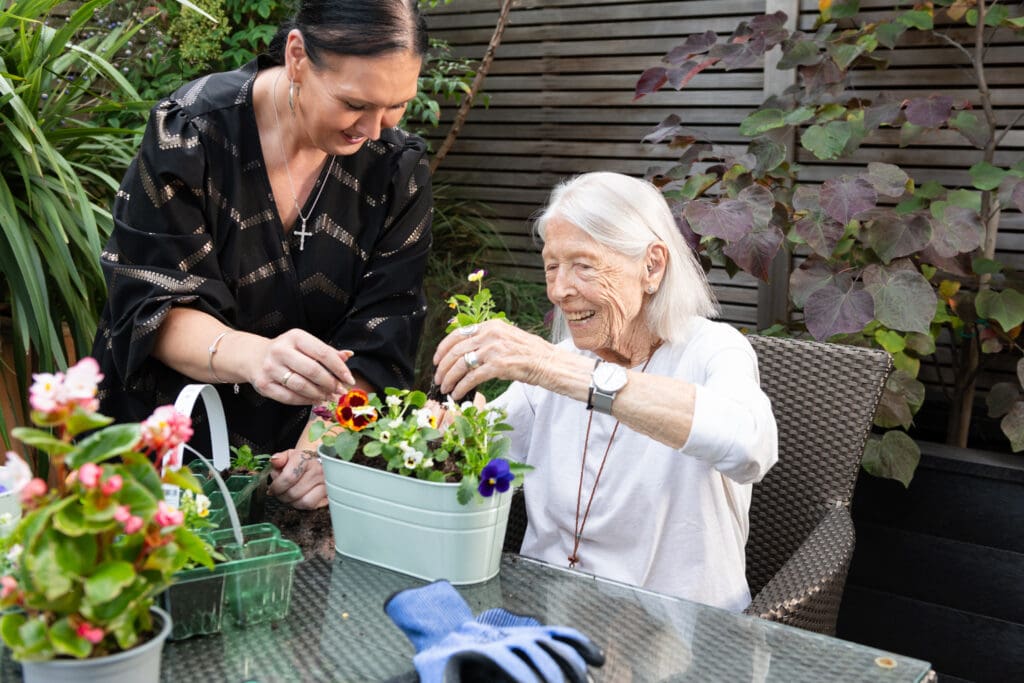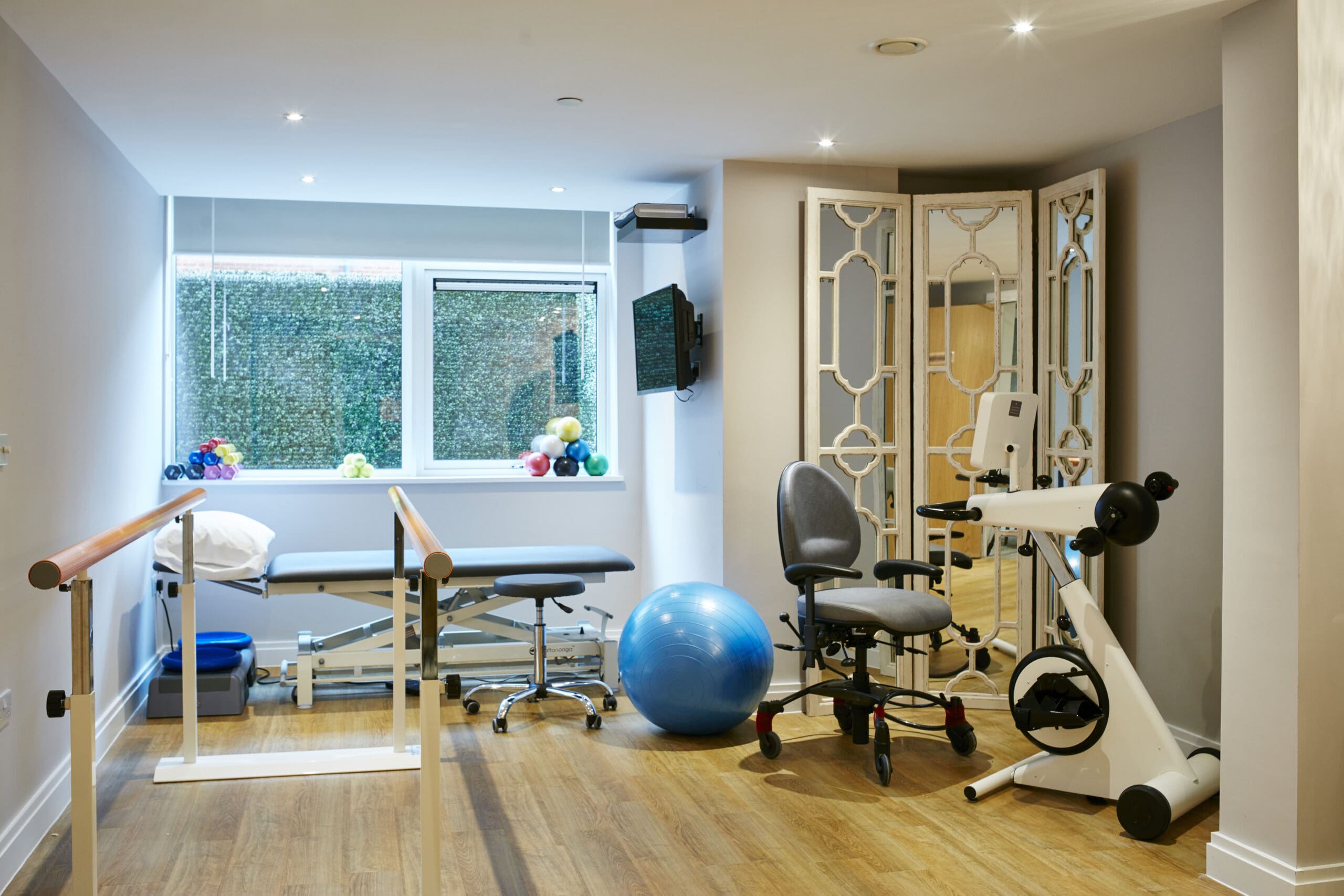Preparing for retirement is one of the most significant financial and personal decisions you’ll make in your life. In the UK, with its diverse financial landscape and retirement options, planning requires a keen understanding of the available resources, potential risks, and the lifestyle you desire. This guide provides comprehensive advice on preparing for retirement in the UK, including financial tips and a look at premier retirement living options like Battersea Place and Grove Place.
- Define your retirement goals
The first step in retirement planning is to envision what your retirement will look like. Your goals will shape your financial needs and guide your planning efforts. Consider the following:
- Lifestyle: Will you maintain your current standard of living, or do you plan to upscale or downsize? Perhaps you envision frequent travel, engaging in hobbies, or starting a new venture.
- Location: Do you want to stay in your current home, relocate to the countryside, or move into a retirement community like Battersea Place or Grove Place? The choice of location will significantly impact your costs.
- Health and well-being: Consider your health needs as you age. Access to healthcare, proximity to family, and the availability of services will be crucial factors.
These goals will influence your financial planning, so it’s important to be as detailed as possible in your vision.
- Assess your current financial situation
Before you can plan for the future, you need to understand where you stand financially today. This involves a thorough analysis of your assets, liabilities, income, and expenses.
- Calculate your net worth: Add up all your assets, including property, savings, pensions, and investments, then subtract your liabilities, such as mortgages, loans, and any other debts. This will give you a snapshot of your financial health.
- Review your savings: Take stock of your retirement savings, including workplace pensions, personal pensions, ISAs, and other investments. Are you on track to meet your retirement goals?
- Understand your income needs: Estimate how much income you’ll need to maintain your desired lifestyle in retirement. This includes everyday living costs, leisure activities, travel, and healthcare.
Having a clear picture of your current financial situation will help you create a realistic and achievable retirement plan.
- Maximise your pension contributions
In the UK, your pension is likely to be your primary source of retirement income. Maximising your pension contributions during your working years is essential for ensuring a comfortable retirement.
- Workplace Pensions: Take full advantage of your employer’s pension scheme. Most employers match your contributions up to a certain percentage, effectively giving you “free money” towards your retirement. Aim to contribute at least enough to get the full employer match.
- Personal Pensions: If you’re self-employed or want to supplement your workplace pension, consider a personal pension such as a Self-Invested Personal Pension (SIPP). These allow you to choose where your money is invested, offering greater control over your retirement savings.
- Tax Relief: Remember that pension contributions come with significant tax advantages. For every £100 you contribute to your pension, the government adds an extra £25 if you’re a basic rate taxpayer, and you can claim additional relief if you’re a higher-rate taxpayer.
By maximising your pension contributions, you’re not only saving for the future but also taking advantage of valuable tax benefits.
- Understand the State Pension
The State Pension is a crucial part of retirement income for many in the UK. Understanding how it works and how much you’ll receive is essential for your retirement planning.
- Eligibility: To qualify for the full State Pension, you need 35 years of National Insurance contributions. You can check your National Insurance record online to see if there are any gaps that need filling.
- State Pension Age: The age at which you can start receiving the State Pension depends on your birth date. As of 2024, the State Pension age is 66, but this is set to rise in the coming years.
- Amount: The full State Pension is currently £203.85 per week (2024/2025 rate). This amount can change annually, so it’s important to stay updated on the current rates.
Whilst the State Pension may not cover all your retirement expenses, it’s an important foundation that can supplement your other income sources.
- Investing for retirement
Beyond pensions, investing is a powerful tool for growing your retirement savings. A well-planned investment strategy can help ensure that your savings outpace inflation and provide a comfortable income in retirement.
- Stocks and shares ISAs: An ISA allows you to invest in a range of assets, including stocks, bonds, and funds, with any gains free from UK tax. A Stocks and Shares ISA is a popular choice for retirement planning, offering the potential for higher returns over the long term.
- Diversification: Spread your investments across different asset classes to manage risk. A diversified portfolio might include UK and international stocks, bonds, property, and alternative investments like commodities.
- Review and adjust: Regularly review your investment portfolio to ensure it aligns with your retirement goals and risk tolerance. As you approach retirement, you may want to shift towards more conservative investments to protect your capital.
Investing wisely is crucial for maintaining and growing your retirement savings, ensuring that you have enough to support your lifestyle in retirement.
- Debt management before retirement
Entering retirement debt-free, or with minimal debt, is a significant advantage. High levels of debt can erode your retirement income and limit your financial freedom.
- Pay off high-Interest debt: Prioritise paying off high-interest debts like credit cards and personal loans. The interest on these debts can quickly eat into your income, so eliminating them should be a top priority.
- Mortgage considerations: If you have a mortgage, consider paying it off before you retire. Without a mortgage payment, your monthly expenses will be significantly lower, giving you more flexibility with your retirement income.
- Avoid new debt: As you approach retirement, be cautious about taking on new debt. Large purchases should be carefully considered, and if possible, avoid financing them with loans or credit.
By managing and reducing your debt, you can enter retirement with greater financial security and peace of mind.
- Planning for healthcare costs
Healthcare is one of the biggest expenses retirees face, and it’s important to plan for these costs in the UK.
- NHS and private healthcare: Whilst the NHS provides comprehensive healthcare, many retirees opt for private health insurance to access quicker treatments and specialist care. Consider whether private healthcare fits into your retirement plan.
- Long-term care: Long-term care, whether at home or in a residential setting, can be costly. Consider how you’ll fund potential care needs, whether through savings, insurance, or property equity.
- Health savings: Build a buffer for healthcare costs in your retirement savings. Whilst you can’t predict every health expense, having a dedicated fund for healthcare can help cover unexpected costs.
Planning for healthcare costs ensures that you’re prepared for any health-related expenses that may arise during retirement.
- Creating a withdrawal strategy
Once you retire, you’ll need to decide how to draw down your savings. A well-thought-out withdrawal strategy is crucial for ensuring your money lasts throughout your retirement.
- The 4% rule: A common rule of thumb is to withdraw 4% of your retirement savings annually. This approach aims to provide a steady income while preserving your capital.
- Drawdown options: In the UK, you have several options for accessing your pension savings, including lump sums, annuities, and flexible drawdown. Each has its own advantages and tax implications, so consider seeking financial advice to choose the best option for your situation.
- Tax considerations: Be mindful of the tax implications of your withdrawals. For example, withdrawing a large lump sum could push you into a higher tax bracket, reducing the overall amount you receive.
A strategic withdrawal plan will help you manage your income and ensure that your savings last throughout your retirement.
- Estate planning and legacy
Estate planning is about more than just writing a will; it’s about ensuring your assets are distributed according to your wishes and that your loved ones are taken care of.
- Wills and trusts: Make sure you have a legally valid will that reflects your current wishes. Consider setting up a trust if you have significant assets or specific plans for how you want them distributed.
- Inheritance tax planning: Inheritance tax (IHT) can take a significant portion of your estate if not properly planned for. The current IHT threshold is £325,000, with anything above this taxed at 40%. Consider gifting assets or setting up trusts to reduce your IHT liability.
- Power of Attorney: Designate a trusted person to manage your financial and medical affairs if you become unable to do so yourself. This ensures your wishes are respected and reduces the burden on your family.
Proper estate planning ensures that your legacy is preserved and your loved ones are provided for after your passing.
- Consider retirement living options
As you plan your retirement, consider where and how you want to live. Retirement villages like Battersea Place in London and Grove Place in Hampshire offer a blend of independence, community, and care services that can significantly enhance your retirement experience.
Battersea Place: Nestled in the vibrant heart of London, Battersea Place is a luxury retirement village that offers residents the best of both worlds: the excitement of city living with the comfort and security of a well-supported community. This exclusive village provides a range of on-site amenities, including gourmet dining, a state-of-the-art fitness center, a private cinema, and comprehensive healthcare services. Residents of Battersea Place enjoy spacious, elegantly designed apartments that reflect modern living, with access to beautifully landscaped gardens that offer a peaceful retreat from the bustling city. The community at Battersea Place is active and engaged, with a calendar full of social events, cultural activities, and wellness programs designed to foster a strong sense of camaraderie and well-being. Whether you’re looking to stay connected to the cultural pulse of London or seeking a supportive environment that caters to your health and lifestyle needs, Battersea Place offers a premier retirement living experience.
Grove Place: Located in the serene countryside of Hampshire, Grove Place Retirement Village emanates timeless beauty and tranquillity. Surrounded by lush greenery and picturesque landscapes, the village offers a sanctuary for those seeking peace and relaxation in their retirement years. Grove Place Retirement Village occupies a 27-acre estate with a bluebell wood and meadows surrounding a Grade I Listed Elizabethan manor house. The village is an oasis of calm, where nature and history blend seamlessly to create an idyllic setting. Residents can enjoy leisurely strolls through the beautifully maintained grounds, participate in community activities, and engage with a vibrant social scene that reflects the close-knit nature of this unique community. Grove Place is more than just a place to live; it’s a community made by its residents and designed by people who care about living well. The historic manor house serves as a communal hub for events and gatherings, adding a touch of grandeur to the everyday experience. Grove Place stands as one of the first of its kind in Hampshire, offering a truly unparalleled retirement living experience in a setting that is both beautiful and welcoming.



